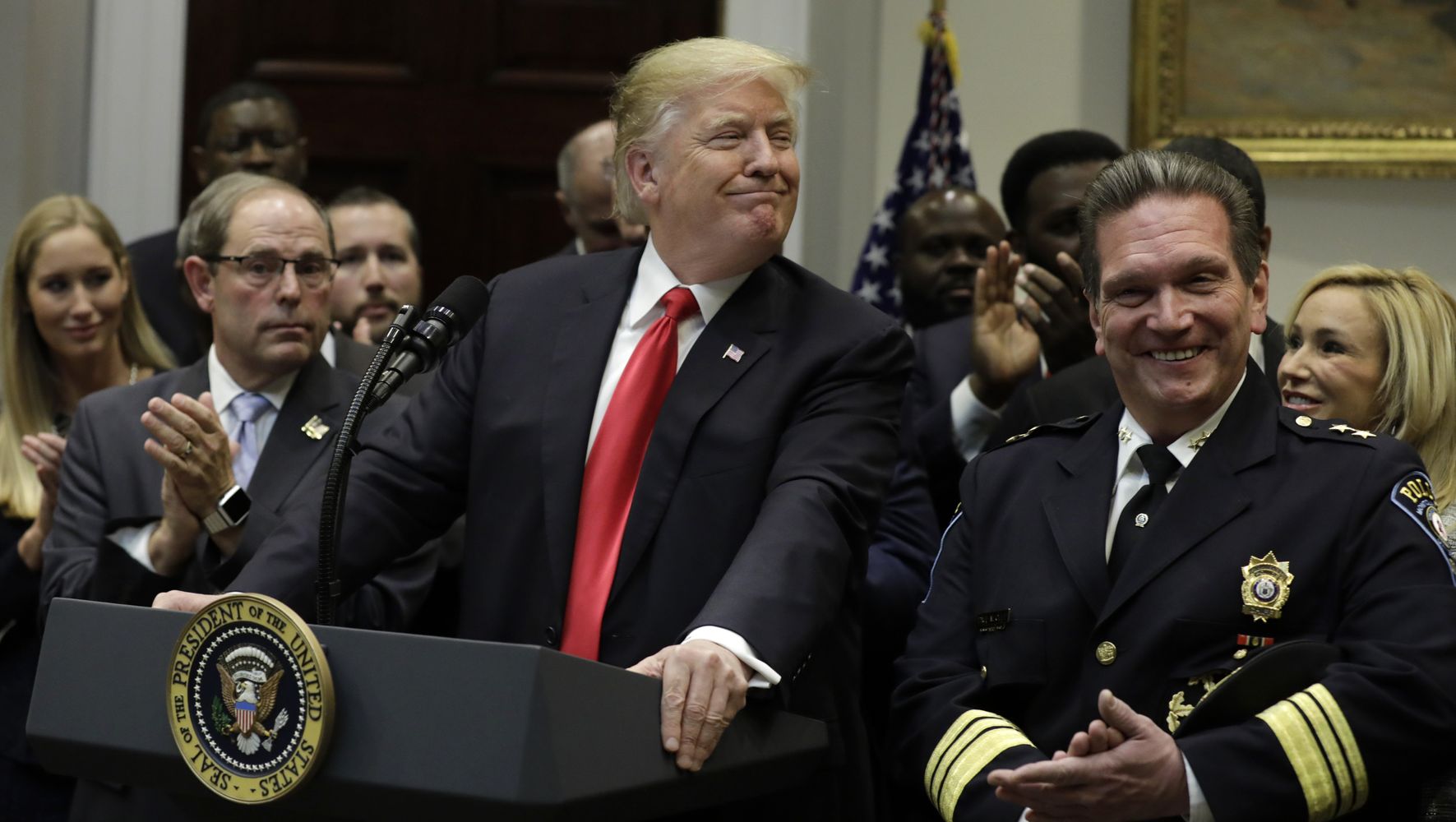[ad_1]

The criminal justice system is more broken today than it has been in recent years. For this reason, Congress should not pass the First Step Act, the reform bill supported by President Donald Trump and, seemingly, bipartisan majorities in both chambers of Congress.
I say this not because I prefer the perfect to the good but because the First Step Act is not good and there is no realistic second step that comes after. Not only that, we would be taking a single step after the current administration has already taken us two steps backward. What we need now is true criminal justice reform, not a half-measure.
I come to this issue as someone who has spent much of his career at the highest levels of government working for criminal justice reform. For more than a year, I worked along with my White House and Department of Justice colleagues to try to pass the 2015 Sentencing Reform and Corrections Act. The SRCA was imperfect, but it was imperfection in a different time. It would have existed in a world where a president toured a federal prison to show the humanity of those we imprison, not our current situation where the president encourages chants of “lock her up.†It would have been in place in a world where the Holder Memo instructed assistant United States attorneys to seek only fair and appropriate sentences, and not our current situation where the Sessions Memo requires them to seek the harshest possible punishment. Â
Instead of a time when the federal government showed a real interest in holding law enforcement accountable, we are now at a moment when all accountability mechanisms are being torn down. From removing accountability over local law enforcement’s use of militarized equipment to promoting private prisons to the end of clemency as we know it, the current administration is ignoring facts and finding ways to be even harsher to people in the criminal justice system.
The reforms of the Obama administration helped lead to some of the lowest crime rates that this country had seen in decades. And the facts show that the current administration’s reforms are not making law enforcement officers any safer. If one looks at the current state of the criminal justice system, one will see how silly and hyperbolic it is to claim that signing the First Step Act could come close to making the current president the “uniter in chief†on criminal justice.
Even supporters recognize that the sentencing reforms in the First Step Act may affect only a couple thousand of the 181,000 people currently in federal custody. I see the short-term gains as much smaller and the long-term losses as much greater.
I realize my position puts me at odds with many of my friends on both the left and the right in the criminal justice reform movement. They argue that many of these reforms would improve opportunities for a few thousand people and that is enough. But even supporters recognize that the sentencing reforms in the First Step Act may affect only a couple thousand of the 181,000 people currently in federal custody. I see the short-term gains as much smaller and the long-term losses as much greater.
First, most of the gains in this law are dependent on people applying for retroactive treatment under the Fair Sentencing Act, which reduced the racially charged sentencing disparity between crack and powder cocaine. While a couple thousand individuals can apply, there is no guarantee that any significant number of people will get meaningfully shorter sentences. Virtually all of the reforms in the First Step Act require that we blindly trust this administration’s law-and-order prosecutors, Bureau of Prisons employees, judges, and even appointees to the Sentencing Commission to make an effort to reduce sentences and improve conditions.
Second, a number of the talking points ― no shackles for pregnant inmates and no solitary for juveniles ― similarly affect a relatively small number of inmates and the attorney general could have already eliminated these poor policy decisions without any legislation, just as the Obama administration had done. If the current administration really cared about re-entry, it could show this by not senselessly destroying the re-entry efforts of the prior administration. Â
Third, once the First Step Act is passed, there are not going to be any additional steps on the federal level anytime soon. The legislators who barely support criminal justice reform are not going to feel any need to address it again once they can point to their vote in favor of the First Step Act. Â
The 2015 SRCA, which already cleared the Senate Judiciary Committee by a 15-5 vote last Congress and was estimated by the Congressional Budget Office to save more than $700 million over 10 years, should be the starting point for discussions on any criminal justice reform legislation. With Democratic leadership in the House coming soon, something even more ambitious should be our target. If the Senate refuses to move on it, then let the many new governors continue to do great things on criminal justice reform, which is going to positively affect more people anyway, and let criminal justice reform be a federal campaign issue in 2020.
The desperate passage of the First Step Act would be a Pyrrhic victory that would leave the vast majority of those currently in the system and most of those who will be touched by the criminal justice system in the future exactly where they are: at the mercy of an administration that has no real interest in reform.
Roy L. Austin Jr. is a former deputy assistant to the president for urban affairs, justice & opportunity, a former deputy assistant attorney general in the Department of Justice, and a former federal prosecutor.
Calling all HuffPost superfans!
Sign up for membership to become a founding member and help shape HuffPost’s next chapter
[ad_2]
Source link





